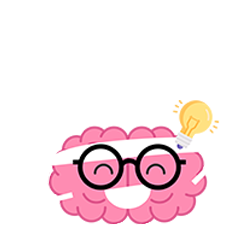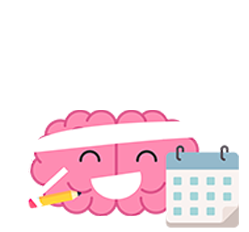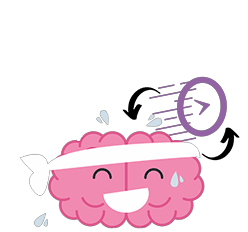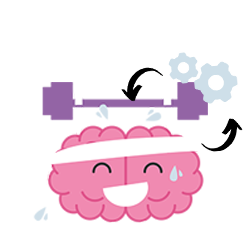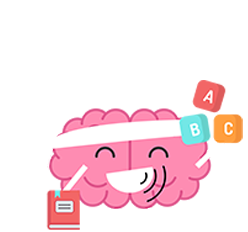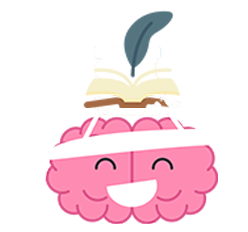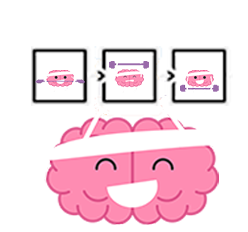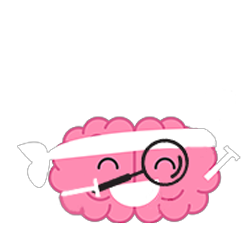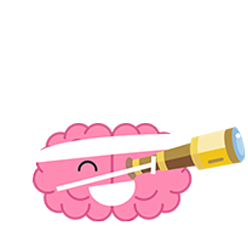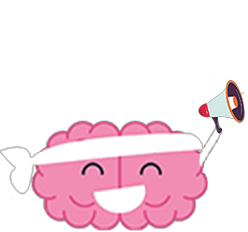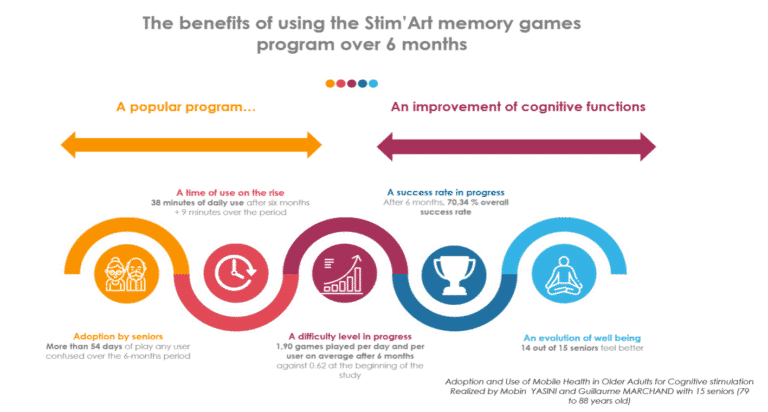Cognitive functions, a central concept in psychology and neuroscience, encompass a set of complex mental processes that enable us to perceive, think, remember and interact with our environment. These functions play an essential role in the way we process information and make decisions. In this article, we’ll explore the main cognitive functions and examine how they work.
The different cognitive functions
The five major cognitive functions – perception, attention, memory, language and problem-solving – are essential for all of us in our daily lives. They help us understand the world around us, communicate, learn and make decisions.
Perception
Perception encompasses the way our brain processes sensory information from our environment. Sight, hearing, touch, taste and smell are all sensory channels that contribute to our perception of the world. Studies such as those carried out in cognitive neurology have shown how different parts of the brain work together to interpret and make sense of this information.
Attention
Attention plays a crucial role in selecting relevant information from the constant stream of stimuli. Research in cognitive psychology has shown that our attention span is limited, but it can be improved through concentration and focusing techniques.
The memory
Memory enables us to store and retrieve information. It is divided into several types, such as short-term and long-term memory. Advances in neuroscience have led to a better understanding of the mechanisms involved in memory formation and consolidation.
The language
Language is the ability to communicate through symbols and rules. Research in linguistics and neuroscience has shed light on how the brain processes language, from sound recognition to syntactic and semantic comprehension.
Executive functions
Executive functions are the brain’s orchestra conductor. They encompass a set of higher mental skills that help us plan, make decisions, solve problems and control our impulses. These crucial skills enable us to navigate our daily lives efficiently and adaptively. Executive functions include elements such as cognitive flexibility, working memory, self-control and time management. They are essential if we are to achieve our goals, process information efficiently and act thoughtfully in a variety of situations. Research continues to reveal the importance of executive functions in all aspects of our lives, from education to career to social interaction.
A complete list of cognitive functions
Here’s a detailed list of cognitive functions. For healthcare professionals, a deeper understanding of these functions is crucial. Healthcare practitioners not only need to master these skills for their own purposes, but also to assess and treat patients. For example, healthcare professionals need to be able to discern subtle variations in visual perception, maintain sustained attention for long periods and use their short-term memory to recall important details. Language is of particular importance to practitioners, as accurate communication is essential for making diagnoses and explaining treatments to patients. Moreover, sophisticated problem-solving is an integral part of the diagnostic process and healthcare decision-making. A thorough understanding of these cognitive functions enables healthcare professionals to offer high-quality care tailored to each individual patient.
Attention
- Recognition of important stimuli
- Recognition of distracting stimuli
- Attentional focus
- Selective, divided and sustained attention
Working memory
- Immediate information processing
- Mental operations
- Information handling
- Search for a solution
Semantic memory
- Memorizing knowledge
- Vocabulary memorization
- Creating abstract concepts
- Interpreting gestures and symbols
Episodic memory
- Memorizing time sequences
- Memorization of spatial knowledge
- Representation of personal memories
- Integration of different sensory memories
Visual gnosias and visual memory
- Object identification
- Identification of persons
- Object and environment analysis
- Organized eye movements
Visual-spatial cues
- Space representation
- Creating mental images
- Distance evaluation
- Orientation in space
The importance of training cognitive functions
Cognitive functions are not just passive processes that take place in our brains. They can also be improved and reinforced through regular mental training. This section explores why it’s important to maintain and stimulate our cognitive functions.
1. Brain plasticity
Our brain has remarkable plasticity, which means it can remodel itself in response to new experiences and continuous learning. By training our cognitive functions, we stimulate this plasticity, enabling the brain to develop new connections and strengthen existing neuronal pathways.
2. Memory enhancement
Memory exercises can strengthen the ability to store and retrieve information. Studies have shown that techniques such as spaced repetition and mnemonics can improve long-term information retention.
3. Increased attention and concentration
Cognitive training can increase our capacity for sustained attention, which can be particularly beneficial in our modern world filled with constant distractions.
4. Stimulating creativity
Cognitive exercises that encourage divergent thinking can boost creativity by encouraging the brain to explore new ideas and associations.
5. Preservation of cognitive functions with age
Research suggests that regular mental training can help preserve cognitive function as we age. This can help reduce the risk of age-related cognitive disorders such as dementia.
6. Improved specific cognitive performance
By targeting specific cognitive functions, such as problem-solving or processing speed, we can improve our performance in particular areas of our daily lives, whether at work, school or leisure.
So cognitive training is a powerful strategy for improving our mental functioning and quality of life. By adopting varied and stimulating cognitive exercises, we can harness our brain’s potential for lasting, positive results.
Tips and Tricks for Training Cognitive Functions
Strengthening cognitive functions does not necessarily require a considerable investment of time or resources. By incorporating a few simple habits into your daily routine, you can give your brain a significant boost. Here are some tips and tricks for training your cognitive functions:
1. Engage in mentally stimulating activities
Take part in activities that require thinking and problem-solving. Puzzles, board games, crosswords and riddles are great ways to stimulate your brain while having fun.
2. Practicing meditation and mindfulness
Regular meditation can help improve your concentration and focus. By concentrating on your breathing and letting distracting thoughts pass, you strengthen your ability to stay focused.

3. Diversified reading
Expose yourself to different types of reading, whether fiction, non-fiction, scientific articles or magazines. Reading expands your vocabulary, stimulates your creativity and exposes you to new ideas.
4. Learn something new
Choose a skill you’ve always wanted to learn, like playing a musical instrument or speaking a new language. Continuous learning encourages the creation of new neuronal connections.

5. Exercise your memory
Play simple memory games, like trying to memorize a list of items or people you’ve met. You can also use memory techniques such as the location method or mental image association.
You can use the CLINT program , your brain coach, which allows you to choose games according to your chosen cognitive function: perception, attention, memory, language, …
6. Exercise regularly
Physical activity not only affects your body, it also has a positive impact on your brain. Exercise increases blood flow to the brain and stimulates the growth of new nerve cells.
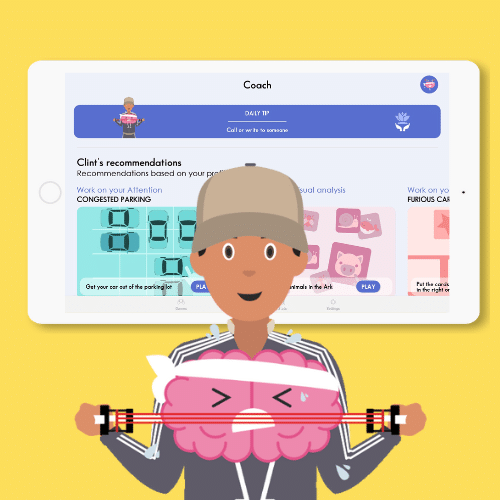
7. Take regular breaks
Take regular breaks during mentally demanding tasks. A short break allows your brain to rest and recover, which can actually improve your long-term efficiency.
8. Healthy eating
A balanced diet rich in antioxidants, omega-3 fatty acids and B vitamins is good for brain health. Foods such as oily fish, nuts, green vegetables and fruit are particularly recommended.

9. Social commitment
Social interaction stimulates your brain by requiring communication and empathy skills. Participating in discussions, joining interest groups and spending time with friends can be beneficial.
10. Get quality sleep
Sleep is crucial for memory consolidation and brain recovery. Make sure you get enough sleep to allow your brain to function at its best.

By incorporating these tips and tricks into your daily routine, you can train your cognitive functions significantly. Remember, the key is consistency: the more you practice these habits, the more you’ll see lasting improvements in your mental abilities.
A digital brain coach to help you support your cognitive functions
At DYNSEO, we are committed to developing high-performance memory training programs to train all your cognitive functions. Below you’ll find detailed programs for training specific functions.
Our programs have been developed in conjunction with healthcare professionals, and our approach is based on scientific validation and reference studies in the field of neuroscience.
Here are some brain training programs for the whole family
COCO THINKS
and COCO MOVES
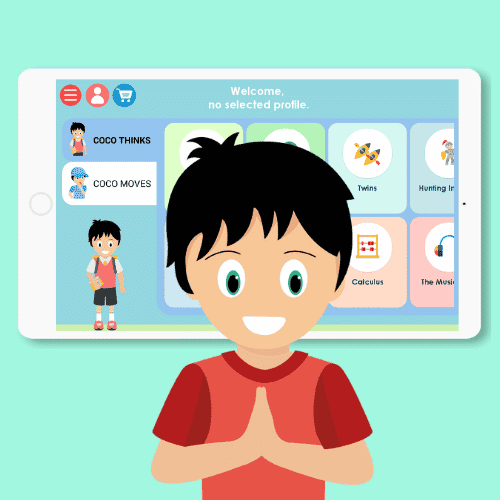
A version for children from 5 to 10 years old, with adapted educational games as well as a sports break to teach a measured use of screens and to take a break to return more serenely to educational activities.
CLINT

A version for adults with mild disorders, to work all his cognitive functions in everyday life.
Discover more than 30 cultural and adapted games.
SCARLETT
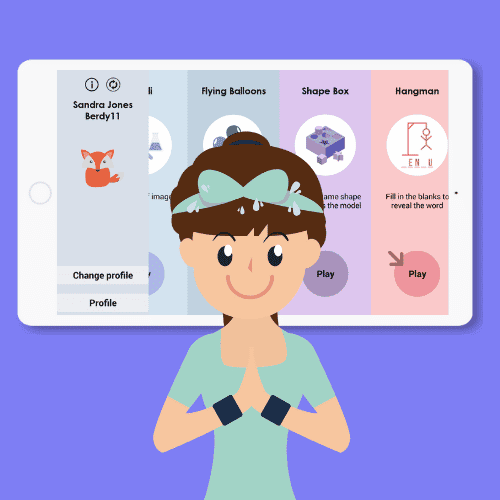
A version for seniors and adults with advanced cognitive disorders (such as Alzheimer’s, Parkinson’s…).
Easy and adapted games, to encourage players in their brain training.
Other articles that might interest you:
Benefits of Sequencing Systems: A Guide to Better Communication
Communication is a fundamental aspect of human interaction and plays a crucial role in our daily lives. For...
Supporting Patient Autonomy at Home: The Role of Modern Assistive Devices
In the realm of healthcare, the concept of patient autonomy stands as a cornerstone of modern medical practice. It...
Fall Prevention: Technological Solutions and Occupational Therapy Approaches
Fall prevention stands as a cornerstone in the realm of healthcare, particularly for individuals susceptible to falls...

